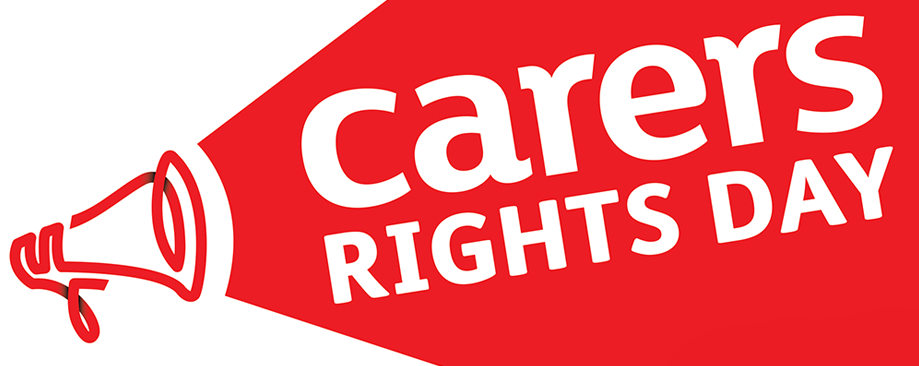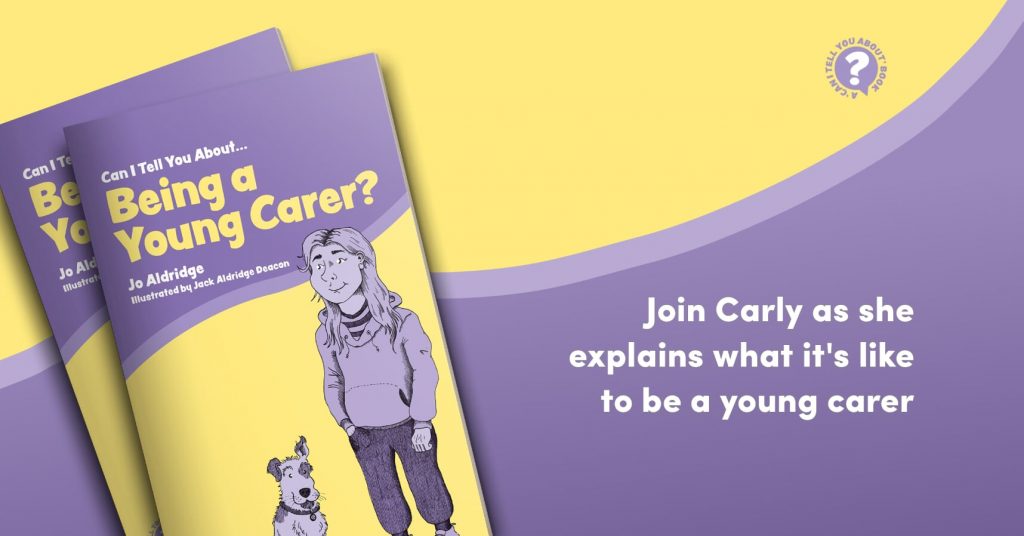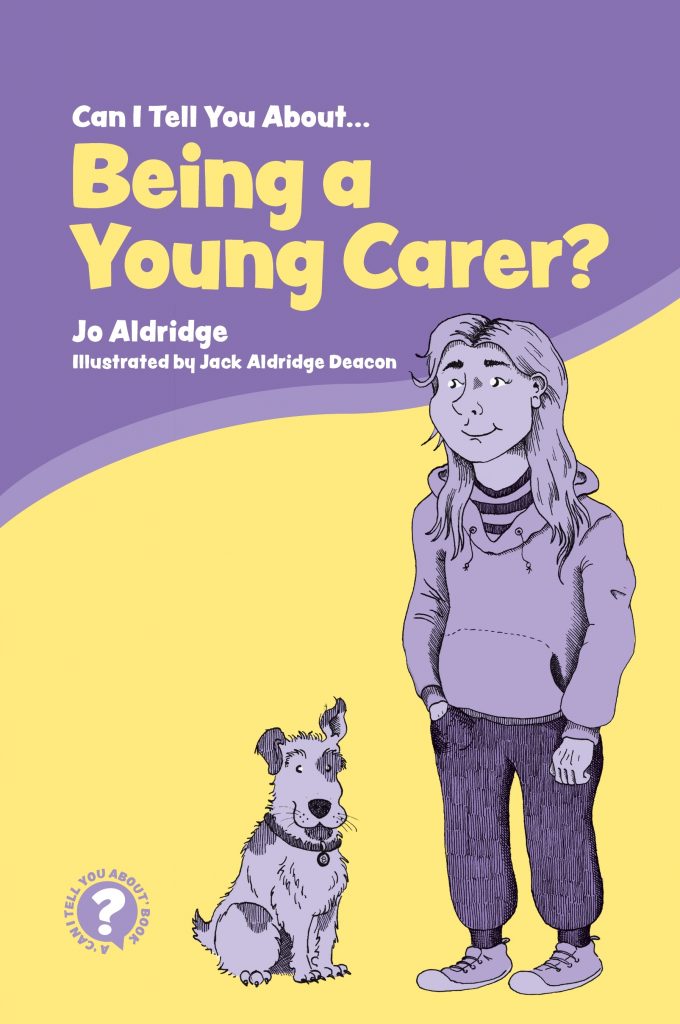
Jo Aldridge
Carers Rights Day helps raise awareness about carers and caring as well as helps carers understand their rights and where they can go to get help and support. But when children are carers it can be more difficult for them to understand these issues, and especially if they are fearful or anxious about disclosing caring and seeking help for themselves and their families.
For many children whose parent/s or other relative/s have care needs due to chronic illness or disability, it can be challenging for them to understand what being a carer means and to know where to turn for help. We know that many young carers provide informal care in the home unrecognised and unsupported. We also know that many children, while wanting to help out to some extent and feel useful, do not want to shoulder the burden of care alone and especially if it has a detrimental effect on their lives – on their education, their social lives and leisure activities, their futures and so on – and nor should they have to. In short, children have a right to a childhood free from caring responsibilities.
The inclusion of young carers in both carers and children in need legislation – the Care Act, 2014 and the Children and Families Act, 2014 – ensures young caring is recognised (click here for more). It also means that, for the first time, young carers have a right to an assessment of their needs as carers and as children. However, without acknowledgement and understanding of their rights as children first and a focus on prevention – and professionals having these at the forefront of their minds when making needs assessments – there is also the risk that young caring can become established in families and adversely affect children’s opportunities and wellbeing.
Where this is the case, especially in the absence of other forms of formal and informal support, the focus must be on reducing the burden of care responsibilities on children and helping them to relinquish the kind of caring roles that adversely affect their childhood experiences and future opportunities (evidence tells us that this is more likely to be the case when children provide care for more than two years).
Reducing and preventing young caring presents more of a challenge when stringent austerity measures, as have been implemented in the UK over the past 10 years, have led to cuts to health and social care services, resulting in greater pressures on families to make up the shortfall in care provision. However, failing to prevent young caring – especially when children do not want to take on caring responsibilities or where this has a negative impact on their childhood experiences – risks contravening the rights of children that are enshrined in the United Nations Convention on the Rights of the Child 1989, which the UK ratified in 1992.
The ‘three Ps’ of the Convention – provision, protection and participation – are particularly important for children with caring responsibilities, who require both protection from the long term harms of caring, as well as from taking on inappropriate caring responsibilities in the first place; they also need adequate provision for themselves and their families in order to ensure that they do not have to care; and they should be given opportunities to participate in decisions that affect their lives, including decisions about care provision.
Caring can be beneficial for children, but when it becomes long term and disproportionate to their age and level of maturity then it also risks compromising their rights as children. On Carers’ Rights Day, and every other day, we must ensure that this does not happen.
Jo Aldridge is Professor of Social Policy and Criminology, and Director of the Young Carers Research Group at Loughborough University. She is the author of Can I Tell You About Being A Young Carer?

